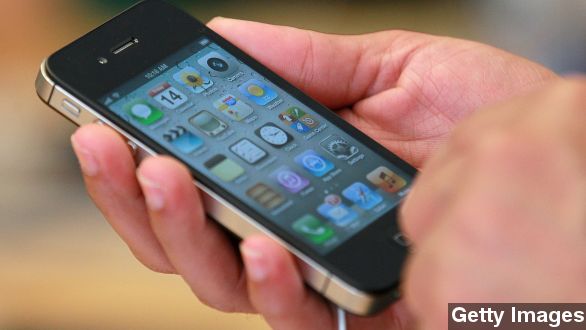Apple's iMessage had been considered one of the more convenient methods to send text messages without racking up charges. But an internet security firm says spammers have been exploiting the service at an alarming rate.
Using messaging data collected across the U.S., a July report from Cloudmark says more than one-third of all SMS spam over the past year came from a "single campaign" using iMessage and targeting iPhone users.
The spam campaign reportedly came from mostly from Chinese accounts. It solicited ads for cheap imitations of designer brands like Louis Vuitton, Gucci and Ray Ban sunglasses, among others. iPhone users in Los Angeles, San Diego, Miami and New York were hit the most.
Wired says it's for easy for spammers to clutter a text inbox because, with iMessage, you only need an email to sign up. One Cloudmark employee told Wired, "In 10 minutes, if you have a whole bunch of accounts, you’d be able to send a huge volume of messages."
Plus, iMessage can send alerts using both emails and phones numbers across all Apple platforms: phones, laptops, et cetera.
"It’s almost like a spammer’s dream. With four lines of code, using Apple scripts, you can tell your Mac machine to send message to whoever they want.”
But at least one skeptic feels the Cloudmark report is blown a bit out of proportion, saying the evidence falls short.
A writer for Apple Insider tracked user complaints of spam on Apple forums and didn't really find a whole lot of uproar.
The site said it's unlikely the percentage of spam sent through iMessage is that high simply because Apple's service sends out so many total texts every day.
It said the percentage of spam is probably closer to five percent, making headlines like these... seem a little overboard.
A tech writer for The Houston Chronicle has some helpful tips to reduce your chances of getting such spam: turn off "Read Receipts," "block the sender" or report the spam to Apple. Apple, meanwhile, has not commented on the Cloudmark study.
This video contains images from Getty Images.


